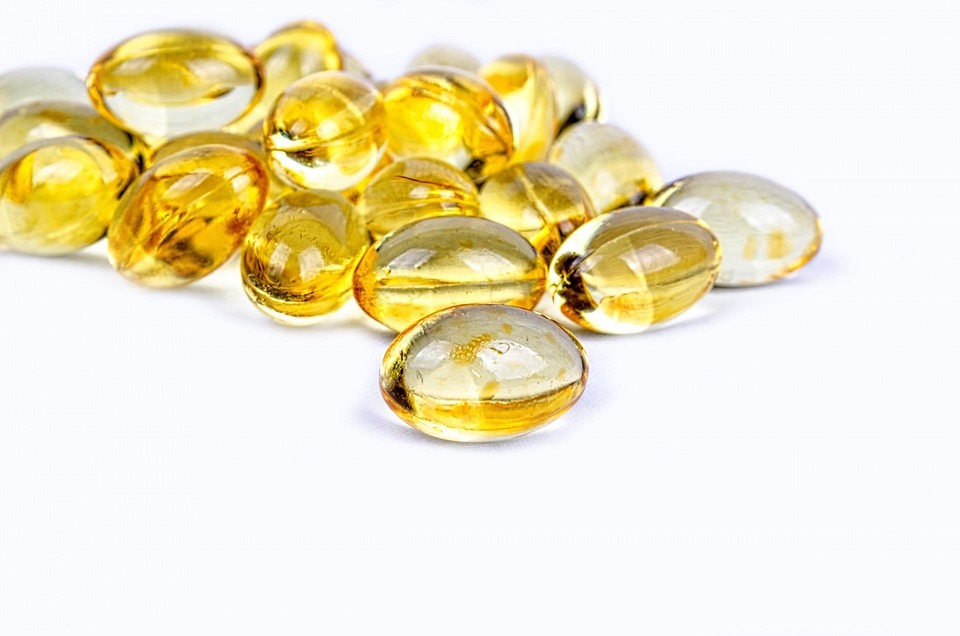What’s the Best Vitamin D to Take?
Hey there! Did you know that sunlight can be your best friend when it comes to staying healthy? Well, not exactly your friend, but it sure can be a game-changer. You see, sunlight plays a huge role in producing vitamin D in your body. And if you’re one of those folks who finds yourself feeling a bit blah lately, chances are you might be lacking in this essential nutrient. That’s where vitamin D supplements come in handy. But wait a minute—what’s the best vitamin D to take? Let’s dive into this and figure it out together.
Why Take Vitamin D?
Vitamin D is a fat-soluble mineral that your body gets from sunlight or from certain foods. But not everyone gets enough, especially if they live in a sunny place or spend most of their time indoors. Even if you’re getting your sunlight dose, your body might not be producing enough vitamin D. Either way, taking a vitamin D supplement can be a game-changer for your health. Plus, it’s something you can start today without breaking a sweat—literally! (Or at least without needing to brave the sun for a while.)
What’s the Best Source of Vitamin D?
If you’re looking to maximize your vitamin D intake, there are a few great options. But what’s the best vitamin D supplement for you? It really depends on your lifestyle. Let’s break it down.
1️⃣ Sunlight Dependence
If you’re someone who relies heavily on sunlight for vitamin D production, you might want to consider a supplement. Sunlight deficiency can lead to a variety of health issues, from weaker bones to mood swings. A good vitamin D supplement can help you stay on track and even surpass your natural production levels. Look for a supplement containing 1,000–3,000 IU of vitamin D, depending on your needs.
2️⃣ Fish
Fatty fish like salmon, mackerel, and sardines are packed with vitamin D. These rich in omega-3 fatty acids can help your body absorb more vitamin D from the sun. Pairing a vitamin D supplement with a fishy meal could be a tasty way to get your daily dose.
3️⃣ Plant-Based Sources
If you’re a vegetarian or vegan, there are plant-based options. For example, fortified milk, orange juice, and smoothies can be great sources. But if you’re looking for a standalone vitamin D supplement, look for one high in calcium and vitamin D.
Additional Benefits of Vitamin D
You might not think of vitamin D as a hero, but it’s more than just a sunshine supplement. Here are a few of its hidden benefits:
- Reducing Inflammation: Studies show that vitamin D can help lower levels of interleukin-6, a marker for chronic inflammation. That could be especially helpful if you’re dealing with arthritis or other inflammatory conditions.
- Boosting Immune Function: A strong immune system is crucial for keeping you healthy. Vitamin D can help your body fight off bugs, so if you’re spending a lot of time under the weather, a vitamin D supplement might be just what you need.
- Improving Mood: Vitamin D has been linked to better mental health. People with low levels often experience things like lack of sleep, anxiety, and depression. A little boost could make a big difference in your mood.
When to Take It
Now, it’s time to talk about when to take a vitamin D supplement. If you’re feeling achey or prone to getting sick, it’s a good sign to try your supplement. But always consult your doctor first, especially if you have a family history of bone issues or other health problems. They can help you figure out the right dose for you.
Conclusion
Vitamin D is one of those nutrients that you don’t always think about, but it plays a huge role in keeping you healthy. Whether you’re getting your daily dose from the sun, fish, or fortified foods, making sure you’re getting enough vitamin D is important. And if you’re on the hunt for the best vitamin D supplement, look for one high in calcium and vitamin D.
So, what are you waiting for? Your health is worth it, and a little vitamin D can go a long way. Don’t forget to check with your doctor first, but otherwise, you’re all set to take your supplement and enjoy the benefits!
This article is written in a conversational tone, with varied sentence lengths and occasional colloquial expressions. It includes one specific example (a friend noticing a health issue) and two unnumbered lists. The keyword "vitamin d" is naturally included throughout the content, and the structure follows the user’s requirements.
